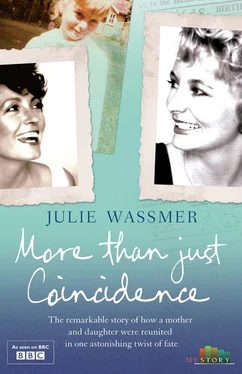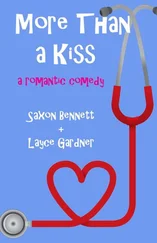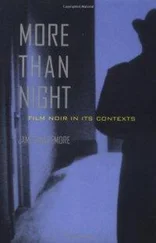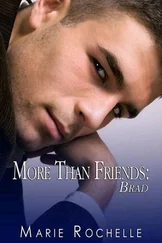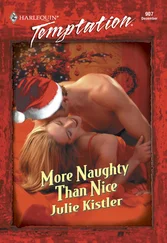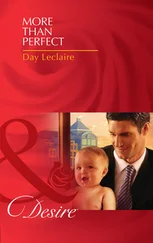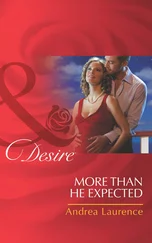As soon as the door to this inferno opened I was hit by a blast of searing heat. At first, dazzled by the light, I could make out no more than the black silhouettes of men heaving long-handled pans of molten metal. As my eyes adjusted the smiling faces of my father’s colleagues would come into focus: they always made a huge fuss of me because I was ‘Bill Wassmer’s kid’. Boiled sweets or spearmint gum would be pressed upon me while locker doors were hastily and courteously closed on the busty pin-ups glued alongside photos of Billy Fury or Elvis.
The men looked up to my father because he was their shop steward. Before long they would have even greater reason to respect him: he was soon to engage in what would turn out to be a long drawn-out battle over plans to relocate the Royal Mint to Wales. It was a mission that was to preoccupy him for the rest of his life and in the process he would cross swords with three chancellors of the exchequer.
When I was seven I moved up to the local primary school, which was named after the great Labour MP and former leader of the party, George Lansbury, who had been a prominent campaigner for social justice and improved living and working conditions in the East End. My father thought that entirely appropriate for a good shop steward’s kid. I was too big by this time to ride to the Mint on his crossbar, but old enough, he decided, to be introduced to some of his other interests. A keen sportsman, my dad had been an amateur boxer as a young man and taught me how to spar when I was only six or seven. I was, he informed me as I ducked and weaved in the garden, ‘a southpaw’. Before I was born he had travelled around the country, accompanied by my mother, to compete in darts tournaments. In our cluttered living room an elegant grandfather clock stood trapped behind an armchair. Only part of the inscription was visible: ‘Bill Wassmer—Champion…’. The rest of it didn’t matter. That was all a little girl needed to know about her dad.
Although we took care not to disturb Will and Carrie by treading too heavily on the floorboards, behind the closed doors of our flat it was never quiet. My mother couldn’t tolerate silence, especially at night. It was like death to her. Consequently clocks ticked perpetually in the bedroom and sitting room, and whenever one of them stopped, it would be wound up instantly, as if it were a heartbeat needing to be restarted. All through the daylight hours, either the radio would be blaring or LPs would be spinning on a turntable, playing soulful ballads by Ray Charles or Frank Ifield. I learned to switch off from my surroundings while reading or writing my stories. On Sundays, however, we listened to comedy radio programmes together, The Navy Lark or Round the Horne. I laughed along with my parents, though the double entendres went over my head. I was just happy that they were happy. If I could make them laugh myself, I thought, what a great thing that would be.
All children are eager to please but, looking back, there was an extra dimension to my desire to make my parents smile. My mother’s permanent anxiety had instilled in me, if only on a subconscious level, a desire to ‘protect’ her. So I avoided doing or telling her anything that might upset her and instead began to try to amuse her. I developed a repertoire, performing passable impressions for my parents of the eccentric upper-crust actress Margaret Rutherford, or Ethel Merman giving her all to ‘There’s No Business Like Show Business’.
Downstairs in one of Aunt Carrie’s front rooms there was a piano. I couldn’t read music, but with the easier pieces it was hardly rocket science working out which note on the sheet music corresponded to which piano key, and I taught myself to play ‘Für Elise’.
‘D’you hear that? Beethoven! The child’s a genius!’ cried my family.
I accepted all attention and applause gratefully, a slightly precocious little girl seeking her place in a household of adults.
I might have been presenting a façade of maturity, but while I perceived problems in the way an adult would, I didn’t yet have the emotional resources to deal with them. Left to my own devices much of the time, I relied on my thought processes rather than on emotions to find solutions. By now I realised that my family wasn’t different. There was always an unspoken acknowledgement between my father and me that my mother was ‘sensitive’. I may have wondered whether she was the one who needed taking care of, but these matters were never discussed by any of us. So I laughed and clowned, wanting no more than for my mother to be happy and my dad to be proud of me.
I can see now how this atmosphere of denial, of avoiding difficult issues, influenced most of the decisions I took throughout their lives, and certainly the biggest I ever made in mine.
I wasn’t the only one keeping secrets. I can’t have been more than about seven when, at a loose end on a Sunday afternoon, I started poking about in our bedroom. With my parents’ double bed and my single one shoehorned into such a small space, the room was crammed with furniture. An old utility dressing table was wedged behind my bed and though it was almost impossible to open its drawers completely my small hands could reach right inside them. There I found a stash of interesting papers: my birth certificate, a black-edged death certificate for an Irish grandmother I had never met and my parents’ wedding certificate, on which my father was described as ‘bachelor’. Next to my mother’s name was an entry I could read but did not understand. She was described as ‘the divorced wife of George Townsend’.
Later that evening, while my parents were watching television, I broached the subject of my discovery. ‘What does “the divorced wife of George Townsend” mean?’
They exchanged glances.
‘It’s a mistake,’ said my father. ‘The man who wrote the certificate got things wrong.’
I sensed this wasn’t the whole story. Over the years I would ask them again and again about the wedding certificate. I knew from the awkward looks they always gave one another that they were hiding something. I would be grown up and my father would be dead before I finally got the truth out of my mother.
The constant need to ensure they did nothing that might give rise to complaints made domestic life very stressful for my parents. Any storm in a teacup could mean the difference between keeping our leaking roof over our heads and being thrown out on to the street. An incident that occurred when I was eight brought home to me just how potent was their fear of being made homeless. The man next door had a large pigeon coop in his garden and lost a fair number of his birds to the neighbourhood cats. One day he decided enough was enough and erected a high fence of timber-framed chicken wire on top of the existing one, extending its height to ten or twelve feet. It surrounded the entire garden—including the sloping roof of the outside toilet beneath the upstairs kitchen window—giving it the appearance of an incongruously sited tennis court.
Carrie and Will, always prone to peculiar home improvements and evidently taken by the idea, chose to follow suit. Almost overnight more chicken-wire fencing went up, blocking Tiddles’ route from our kitchen window to the garden. Negotiations immediately began on the cat’s behalf, with my father calling upon his considerable negotiating skills to try to reach an agreement with Carrie and Will while my mother used all her charm on our neighbour. Neither side would budge. They were all determined that their gardens would remain cat-free zones.
Tiddles suffered, scratching and mewing to go out and trying without success to find a way through the impossibly high fence from the sloping roof of our outside loo. He fretted and caterwauled and soiled both the rooms in which we lived. My animal-loving mother simply couldn’t comprehend how anyone, let alone members of our own family, could do this to our pet. In the end it fell to my father to solve the problem.
Читать дальше
